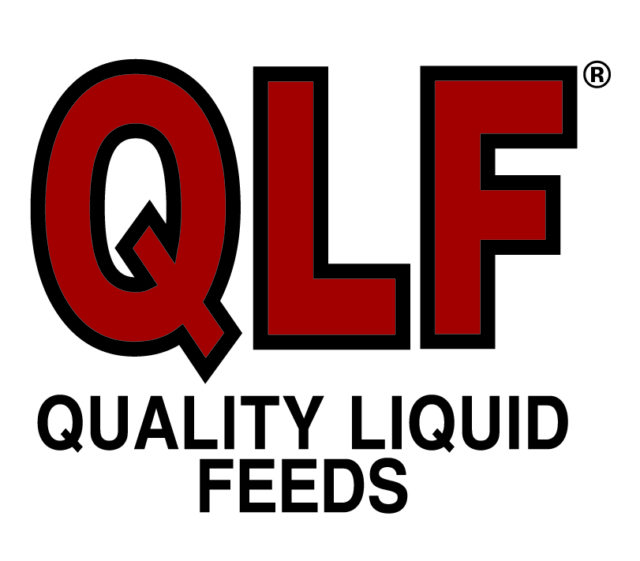For any item, the relative price of competing goods is an important determinant of demand. In the meat sector, changes in relative prices over the past year-and-a-half have been interesting, and they suggest something of a challenge to beef and pork demand growth moving forward. Specifically, retail broiler prices have become considerably less expensive relative to both beef and pork. Figure 1 shows the percentage change in retail beef (all fresh), pork, and broiler (retail composite) prices since January 2010 - when retail prices for all of these products were at or near recent lows due to the recession.
While beef and pork retail price have each increased about 15 percent since January 2010, with notably strong gains since the end of last year, broiler prices have been remarkably flat. In fact, broiler prices have actually decreased by over 4 percent since the end of last year. This largely reflects the major problems that the broiler industry has had in the key export markets of Russia and China over the past couple of years. The industry has long counted on export markets as reliable consumers of lower-valued dark meats. That may be changing, though. Recent data suggest that demand for dark meat in the domestic market is growing. While the retail broiler composite price has been flat, wholesale leg and leg quarter prices have increased substantially even though exports have remained slow. This means that more of the broiler composite value is accounted for by dark meat cuts and that more of the demand for those cuts is coming from the domestic market. This development has gotten some popular press attention, with Reuters noting in an article last week that Tyson Foods is diverting more of its lower-valued dark meat cuts into the domestic market and is also planning new product offerings incorporating dark meat. A shift in consumer preferences back toward dark meat would represent a reversal in a long-standing trend in the domestic meat market. It would also, as noted, represent a new challenge for beef and pork demand. ![]()
John Michael Riley is an assistant extension professor for the Department of Agricultural Economics at Mississippi State University.
John D. Anderson is a livestock economist with the American Farm Bureau Federation.






